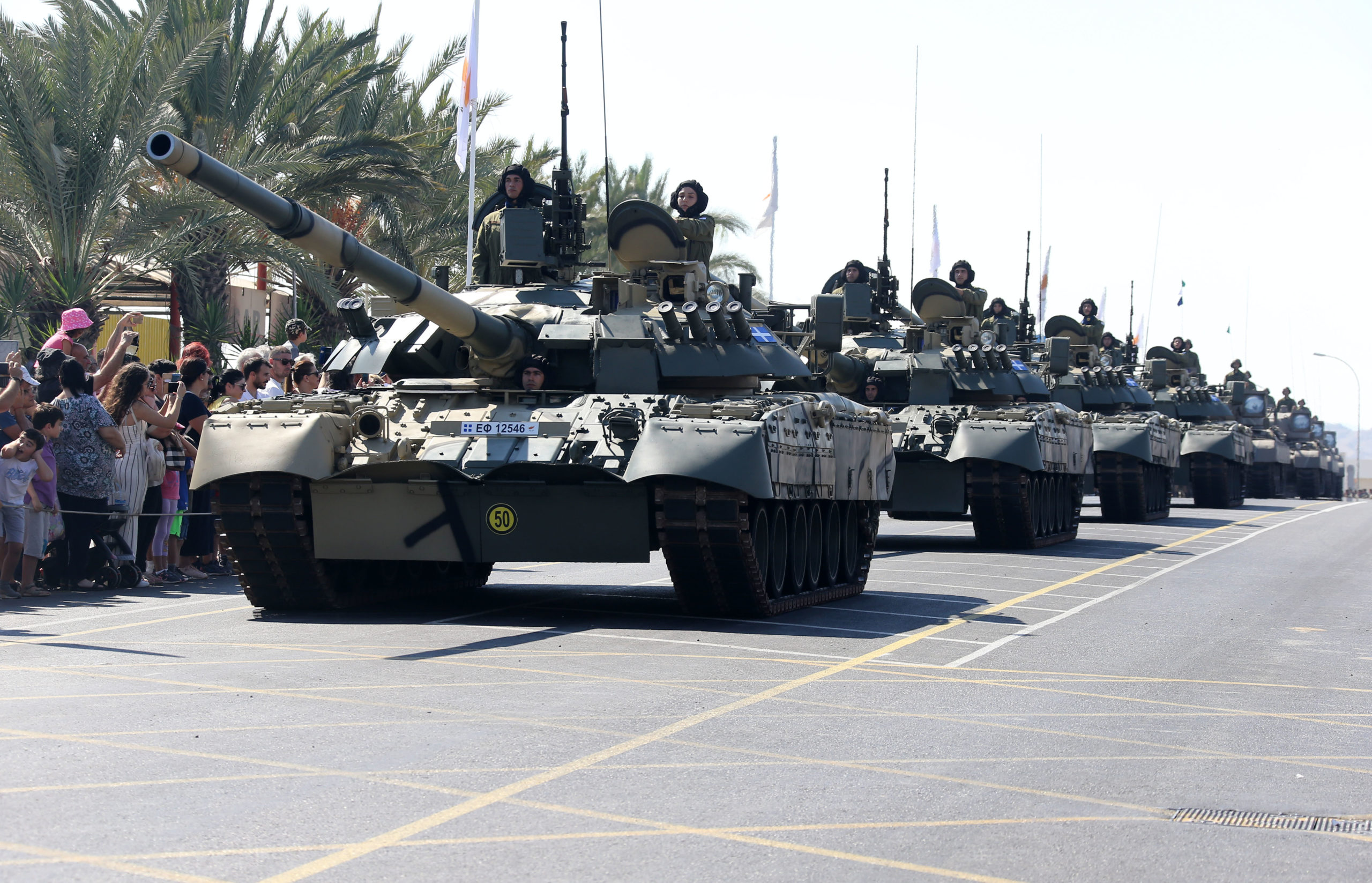Cyprus would be willing to consider sending its ageing Russian weapons to Ukraine if it received military equipment of equal capabilities, said government spokesman Marios Pelekanos.
Pelekanos commented to the New York Times following reports that US officials pointed to Cyprus as a “possible option” for supplying weapons to Ukraine.
The paper notes that the issue arose after the Biden administration lifted the US embargo on Cyprus, allowing the island to buy American weapons.
A move, the article states, which was several years in the making and aimed to distance Cyprus from Russian influence, building up since the Soviet era.
The NYT said lifting the embargo brings Nicosia closer to the US, strengthening NATO ties. However, that does not automatically mean Cyprus is ready to send its Russian weapons to Ukraine.
Pelekanos said: “Given the serious security threats posed daily by the Turkish occupation forces, Cyprus’ current security architecture should remain intact”.
In additional statements made to Cyprus media, the government spokesperson wished to clarify that “There have been no specific consultations on this matter, nor is the Republic considering such a move”.
He added that the matter had been brought up in discussions and contacts with European partners or the US.
“Our answer is that as the Republic of Cyprus, we are not in a position to send weapons, quite simply because we are a country under occupation.
“We are a country that should ensure its defence capabilities, and if we were to proceed with such a move, we would weaken our deterrent capabilities,” said Pelekanos.
He told CNA: “Such a possibility could be examined as long as these weapons would be replaced with equivalent or better ones.
“But there is no concrete proposal; no consultations; there was no proposal we are considering”.
On the lifting of the embargo, he said, “the US is now another option for the Republic of Cyprus for its military equipment”.
The 35-year embargo was imposed to help tamp tensions after a conflict left the island bitterly divided between a government-backed by Greece and a portion still controlled by Turkey — both NATO members.










